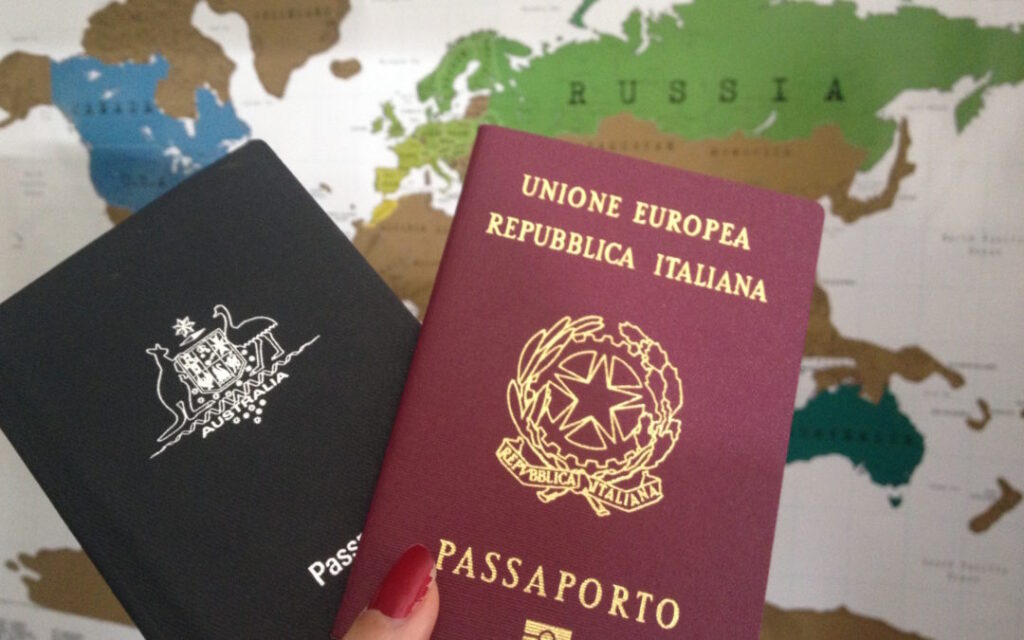Introduction
Being a dual citizen can open up a world of opportunities, allowing you to experience different cultures and benefit from the privileges of multiple countries. However, it also comes with certain responsibilities, and one of the most significant is managing your taxes. Navigating tax obligations in two countries can be complex, but with careful planning and understanding, you can ensure compliance while optimizing your financial situation. In this article, we’ll provide a comprehensive guide on how to manage taxes as a dual citizen.
- Understand Your Tax Residency Status
The first step in managing taxes as a dual citizen is to understand your tax residency status in both countries. Tax residency is determined by the number of days you spend in each country, as well as other factors like your permanent address, family ties, and economic interests. It’s essential to know which country considers you a tax resident, as this will influence where you pay your taxes.
- Familiarize Yourself with Tax Treaties
Many countries have tax treaties in place to prevent double taxation of income. These treaties specify which country has the primary right to tax specific types of income. Familiarize yourself with the tax treaty between your two countries of citizenship, as it will provide valuable guidance on how to handle your taxes.
- Keep Detailed Financial Records
Maintaining accurate and detailed financial records is crucial for managing taxes effectively. Keep track of your income, expenses, investments, and any relevant financial transactions in both countries. This will not only help you prepare accurate tax returns but also serve as a valuable resource in case of any audits or inquiries.
- Seek Professional Advice
Given the complexity of dual taxation, it’s highly recommended to Seek Professional Advice which means that as a dual citizen dealing with tax matters, it’s advisable to consult with experts who specialize in international taxation. So, these professionals could include tax advisors, accountants, or financial consultants with expertise in navigating the complexities of tax laws in multiple countries. Also, they can provide personalized guidance based on your specific situation, help you understand the nuances of tax treaties and regulations, and assist you in making informed decisions about how to manage your taxes effectively. So, their expertise can be invaluable in ensuring compliance and optimizing your financial situation as a dual citizen.
- Stay Informed About Changes in Tax Laws
Tax laws are subject to change, and it’s crucial for dual citizens to stay informed about any updates or amendments that may affect their tax obligations. Also, subscribe to reliable sources of tax information, and consider joining forums or communities of dual citizens to share experiences and stay up-to-date on the latest developments.
- Plan for Estate and Inheritance Taxes
Estate and inheritance taxes can be particularly complex for dual citizens, as each country may have different rules and thresholds. It’s important to plan ahead to ensure that your assets are distributed according to your wishes while minimizing the tax impact on your heirs. In addition, consulting with an estate planning expert can help you navigate this aspect of dual taxation.
- Consider the Impact of Citizenship Renunciation
In some cases, dual citizens may choose to renounce one of their citizenships to simplify their tax situation. However, it’s crucial to carefully evaluate the implications of such a decision, including any exit taxes or other consequences. Seek professional advice before taking this step to ensure that it aligns with your long-term financial goals.
- Document Your Efforts
Maintain a record of the steps you’ve taken to manage your taxes as a dual citizen. This documentation can serve as evidence of your compliance efforts in case of any future inquiries from tax authorities. It can also be helpful for future reference and for providing guidance to heirs or beneficiaries.
- Stay Organized and Proactive
Managing taxes as a dual citizen requires a proactive approach. Keep track of deadlines, document your financial activities, and be proactive in seeking professional advice when needed. Also, by staying organized and taking a proactive approach to your tax obligations, you can navigate the complexities of dual taxation with confidence.
Conclusion
While managing taxes as a dual citizen can be complex, it is entirely manageable with careful planning and professional guidance. Also, understanding your tax residency status, staying informed about tax laws. Moreover, seeking expert advice are key steps in ensuring compliance and optimizing your financial situation. With the right approach, you can enjoy the benefits of dual citizenship while maintaining a sound financial foundation in both countries.
Disclaimer: This article is provided for informational purposes only and does not constitute financial, investment, or legal advice. The author and publisher are not responsible for any decisions made based on the information provided. Readers are advised to seek professional advice for their specific circumstances. Any reliance on the information in this article is at the reader’s own risk.
To read more, click here
Thank You For Reading, feel free to ask any questions in the comment section below.
Follow us on Social Media Platforms,
Click Here: Instagram, Facebook, YouTube, and Twitter
Stay Informed, Stay Responsible with My Finance World!
